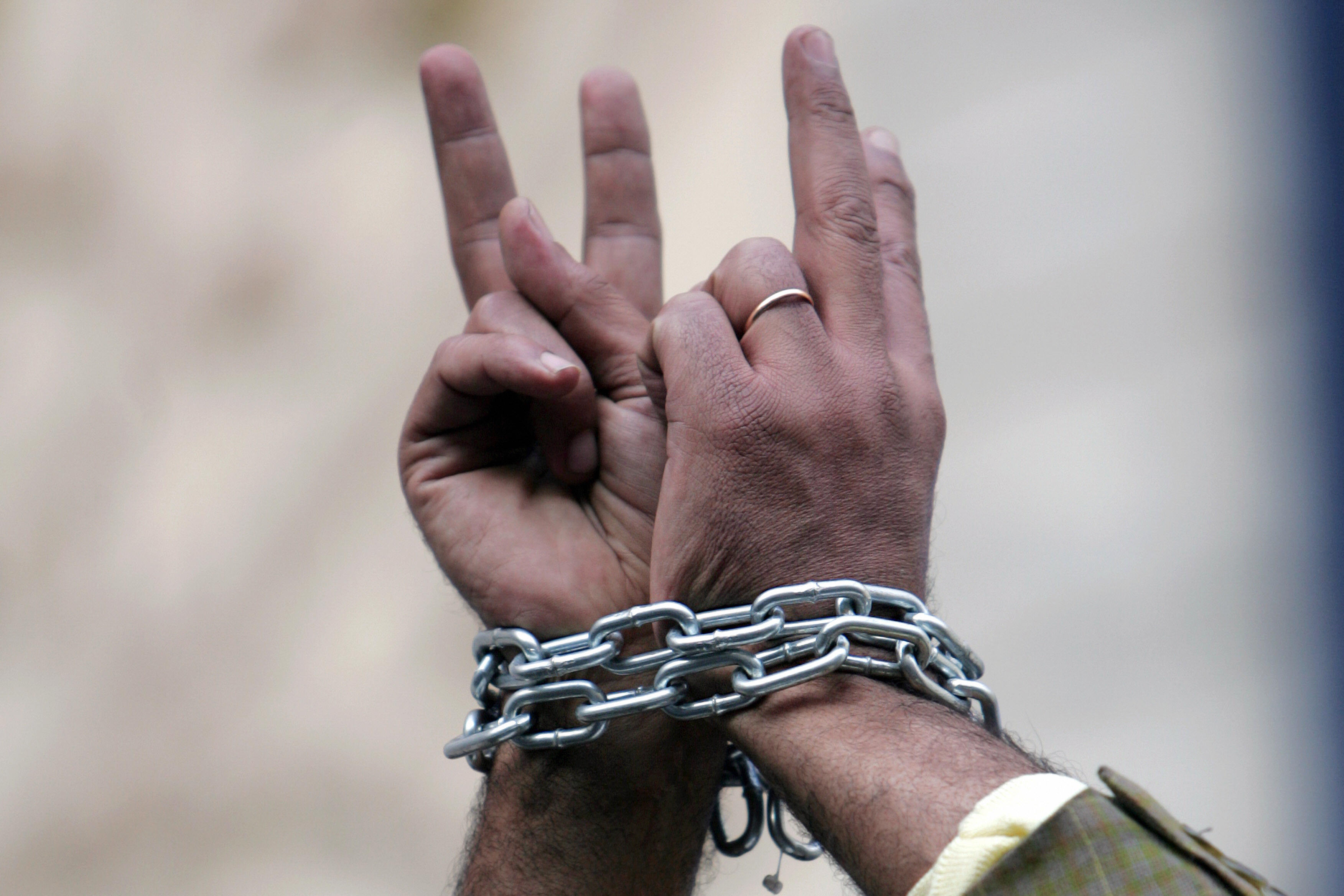
Egyptian human right activist with chained hands during a protest against torture in police stations. KHALED DESOUKI/AFP/Getty Images
In 2014, Amnesty International USA gave one of its highest awards for human rights activism to a collection of women who for more than two decades ignored governmental harassment and ran a torture and domestic violence rehabilitation center in Cairo, Egypt.
This week, the Egyptian government gave an order to shut them down.
SEE THE REST OF THIS POST
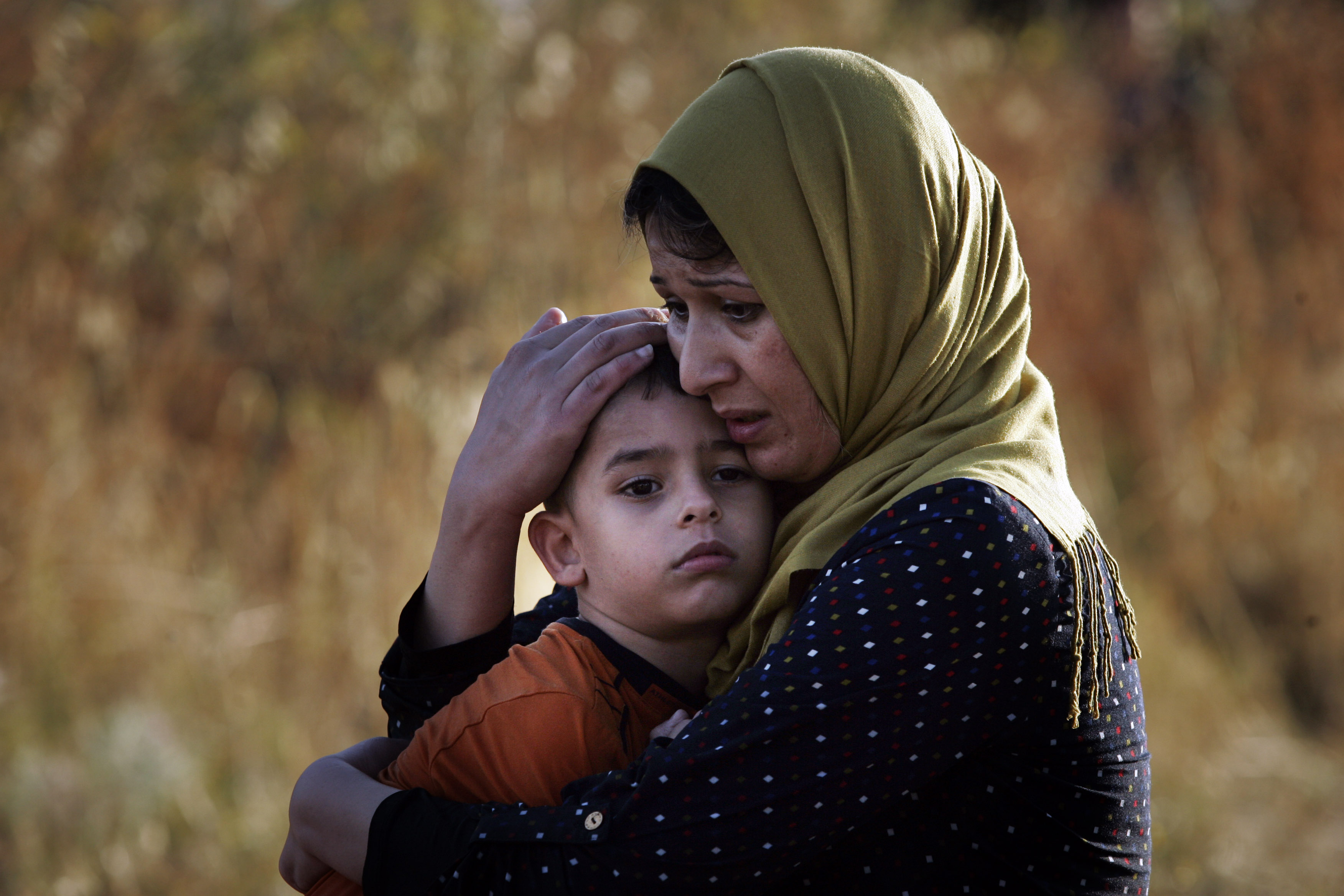
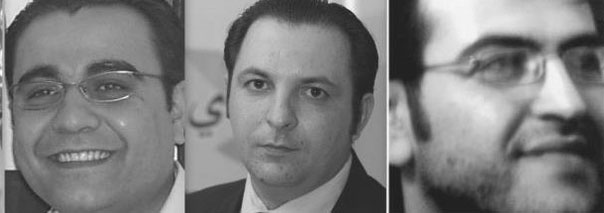
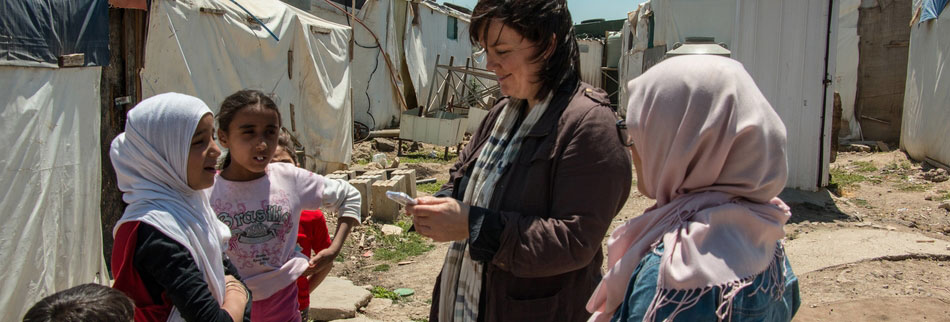
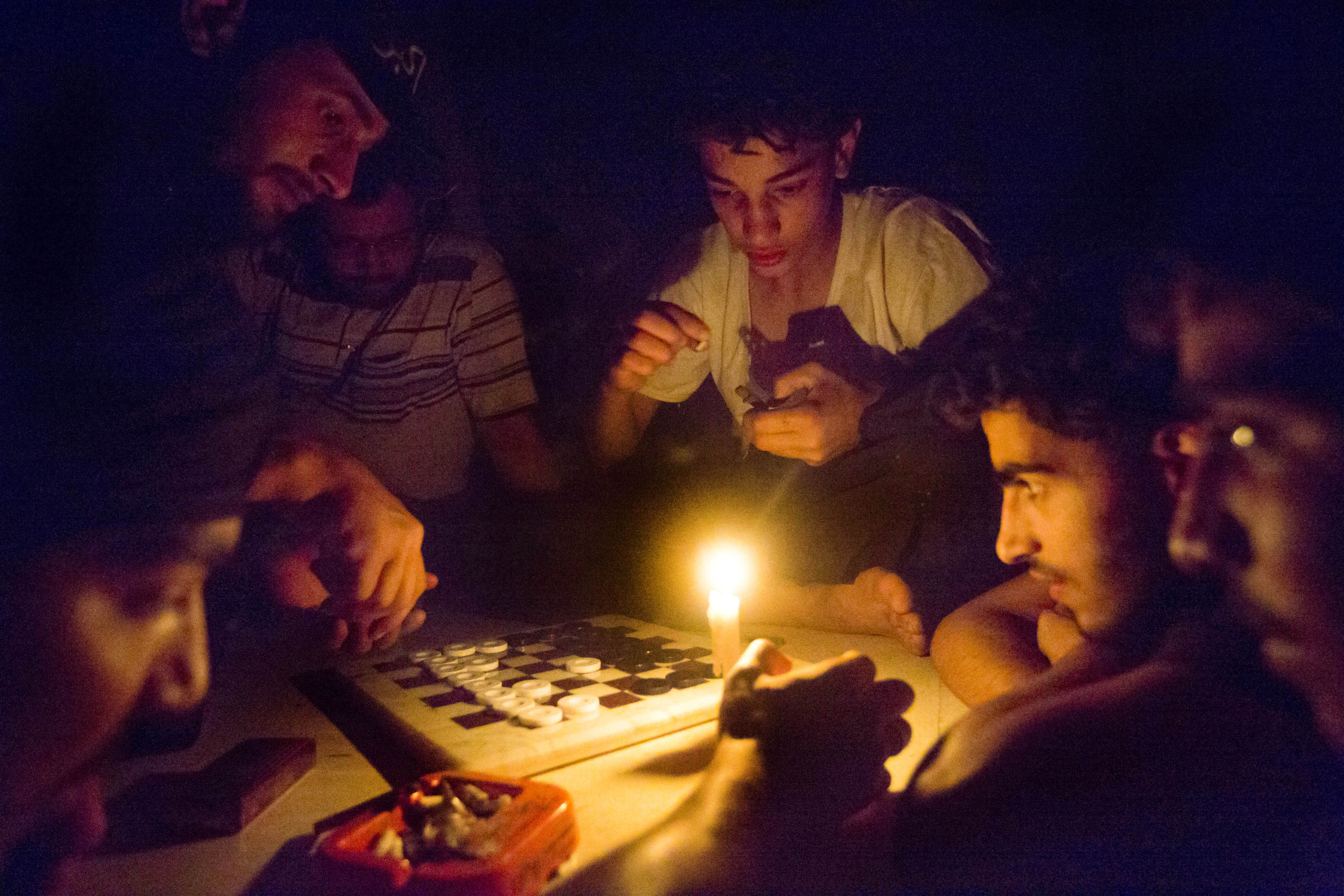

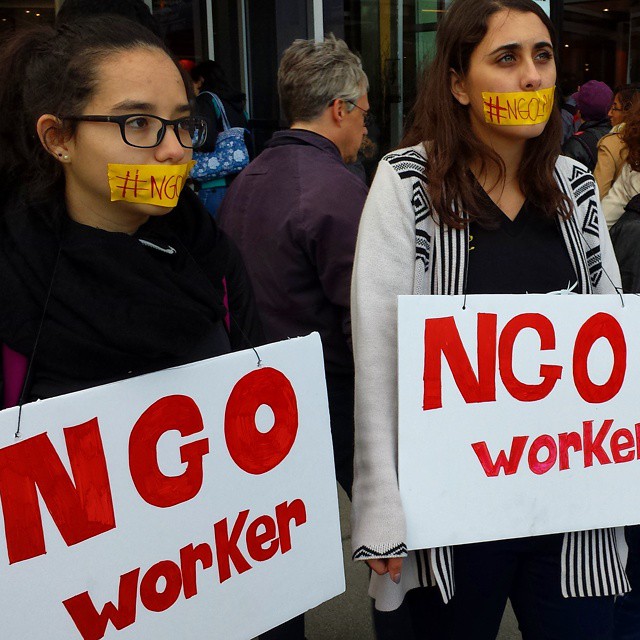
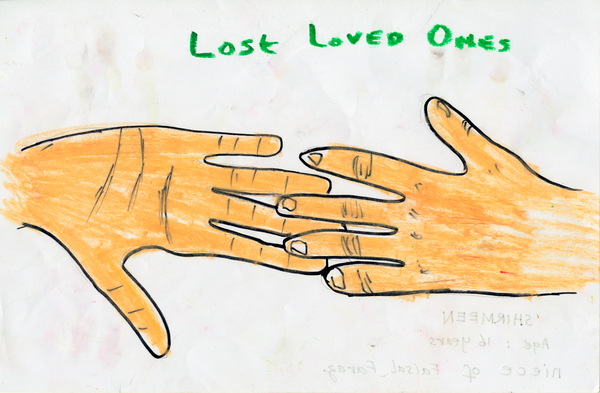
![James Foley once said he reported from the Middle East because, "We're not close enough to it. And if reporters, if we don't try to get really close to what these guys - men, women, American [soldiers] ... are experiencing, we don't understand the world" (Photo Credit: Jonathan Wiggs/The Boston Globe via Getty Images).](https://blog.amnestyusa.org/wp-content/uploads/2014/08/453861316.jpg)